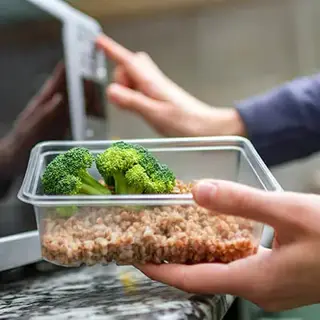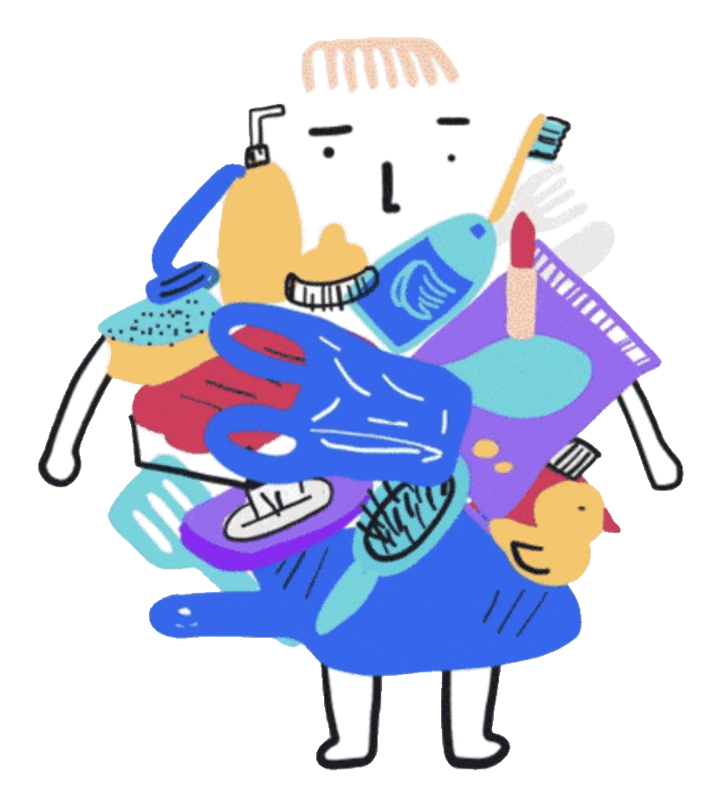The birds ostensibly appear healthy but may actually be injured. Internal scars were found in stomachs of nearly all of the 30 birds that were examined. An article about this study appeared in the Journal of Hazardous Materials.
Shearwaters live entirely at sea, except during the breeding season. To feed, they dive metres deep underwater to catch their prey, or they pick up the food from just below the water surface.
Breeding colony on Lord Howe
On Lord Howe Island, off the eastern coast of Australia, Flesh-footed shearwaters (Ardenna carneipes) have been the subject of a long-term study for many years. This species, which breeds there, consume a lot of plastic. The researchers not only found plastic particles in the birds’ stomachs, but also observed scars in stomach-wall tissue caused by ingested plastic. Because so many birds had these plastic-induced tissue damage, they gave the disease a name: plasticosis.
Accumulation of harmful effects
Ingesting plastic has many different types of consequences for this seabird. For example, the swallowed plastic can cause gastrointestinal blockages or malnutrition. Plastics can also release toxic chemicals. Many of these chemicals have endocrine disrupting effects. When these chemicals enter the eggs via the mother, this can have lifelong consequences for the birds. Relationships have also been shown between the quantity of ingested plastic and blood levels of young petrels.
Some pieces of plastic have sharp edges or are exceptionally large. The fact that ingested plastics also cause internal wounds is a new finding.
Plastic was found in every bolus
Shearwaters take food from the sea for their chicks. The chicks regurgitate a bolus after some time. Several hundred of these boluses were examined on Lord Howe between 2002 and 2020. Plastic was found in all the boluses, with an average of 21.8 pieces of plastic. The same research group also found that the average weight of chicks decreased between 2010 and 2022, increasing the likelihood of chicks dying after fledging.
With the accumulation of harmful effects, researchers fear for the long-term survival of this species.
Photo: Cameron Muir



